- Overview & Types
- Symptoms & Diagnosis
- Treatment
- Living With
- Related Conditions
- Type 2 Diabetes
- Type 1 Diabetes
- Gestational Diabetes
- Appointment Prep
- View Full Guide
Prevention Tips for Diabetic Retinopathy

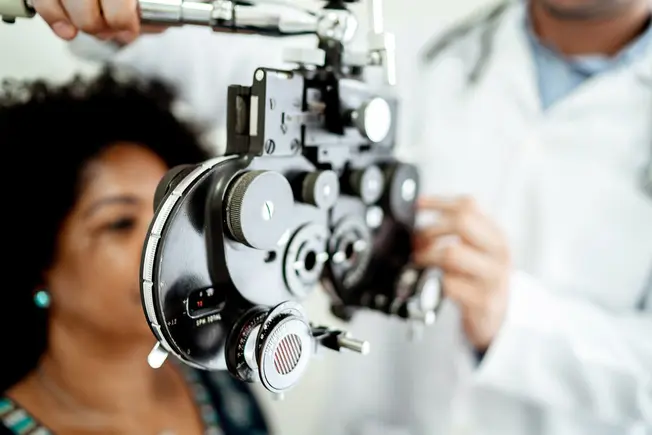
Get a Yearly Eye Exam
Diabetes can cause retinopathy, or damaged blood vessels in the backs of your eyes. You may have no symptoms at first. If it worsens, you can lose your eyesight. Once a year, get a dilated eye exam from an ophthalmologist or optometrist. They’ll check for early signs of retinopathy in case you need to treat it to save your vision.
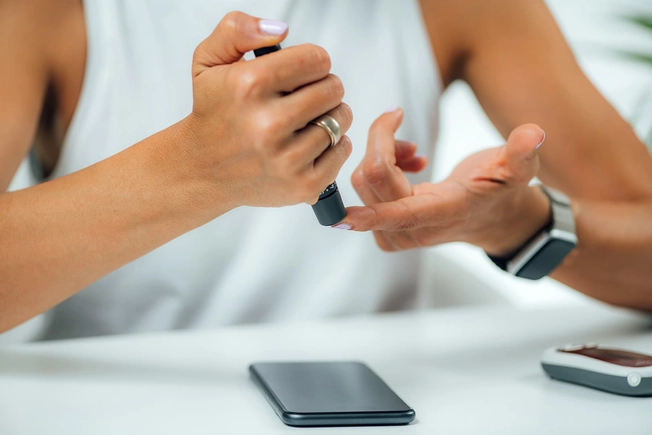
Control Your Blood Sugar
You’re more likely to get diabetic retinopathy if your blood sugar isn’t well-controlled. Check your blood sugar levels several times a day or use a continuous glucose monitor. If you’re under stress or sick, you may need to check it more often. Try to keep your blood sugar levels in healthy target ranges. Generally speaking, this is 80-130 milligrams per deciliter (mg/dL) before meals and less than 180 mg/dL 1-2 hours after meals.
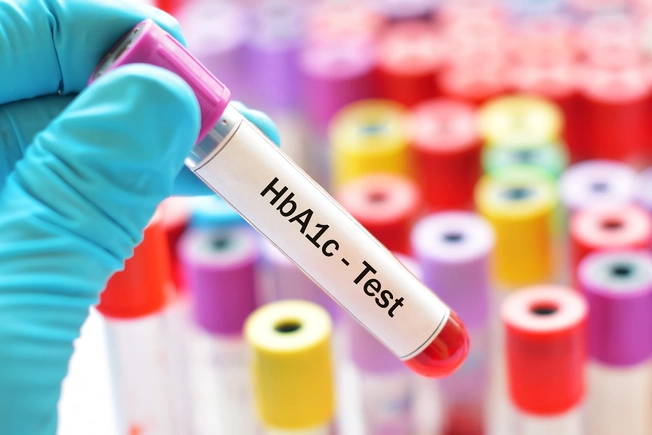
Keep an Eye on Your A1c
Your doctor can give you a hemoglobin A1c test to measure your average blood sugar levels over the previous 3 months. Your goal should be an A1c score under 7%, but it may be higher if you’re older or have other health conditions. Talk with your doctor to set your personal A1c goal.
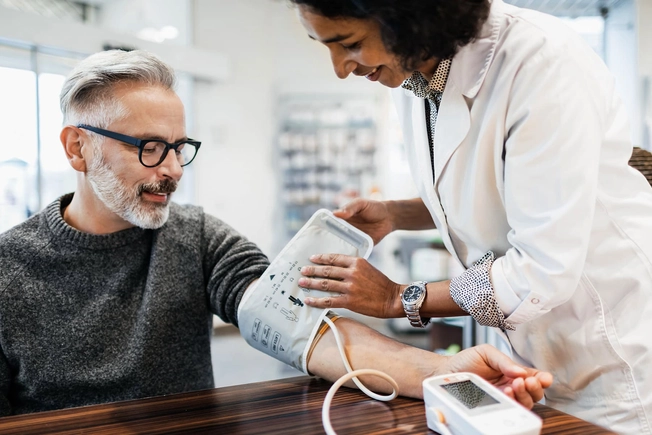
Watch Your Other Numbers Too
High blood pressure and cholesterol also raise your chances of diabetic retinopathy. Your doctor can test your blood pressure and cholesterol. If your numbers are high, they’ll suggest changes to your diet, weight loss, or more exercise. If that doesn’t help, they can prescribe medications for you.

Cut Back on Salt
High levels of salt or sodium in your diet can cause high blood pressure. You may not have any symptoms that tell you there’s a problem. Try using herbs and spices for flavor instead of salt. Low-salt diets also help reduce inflammation in the tiny blood vessels in your eyes and keep them healthy.

Less Fat, More Fruit
Eat a balanced diet lower in fat and sugar, as well as sodium. Try the Mediterranean diet, or eat lots of fresh fruit, veggies, and fish, to help prevent retinopathy. Obesity also raises your risk of this eye disease. The Mediterranean diet can help you manage your weight, too.

Stop Smoking
If you smoke tobacco, it’s time to kick the habit. Smoking raises your risk of diabetic retinopathy. Ask your doctor for help in quitting. You may need counseling and prescription medicine to help you fight the urge to smoke.
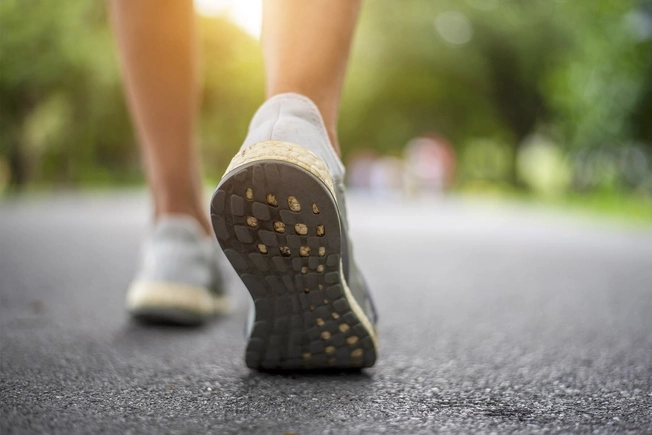
Get Plenty of Exercise
Regular exercise keeps your eyes healthy and helps you control your diabetes, because it helps lower blood sugar. Shoot for 150 minutes of moderate-intensity exercise each week. Like to walk? Strap on a pedometer. Aim to walk 10,000 steps every day. Find exercises that are fun, so you stay motivated to do them.

Tame Your Stress
High stress increases your risk of diabetes complications like retinopathy. It boosts hormones like cortisol and adrenaline that cause insulin resistance, which can raise your blood sugar. Find ways to control stress, like getting enough exercise and sleep.

Limit Your Alcohol
If you drink, do it only in moderation. Stick to one serving per day for women, two per day for men. Alcohol may interfere with diabetes meds or cause serious blood sugar dips. Some new research shows that moderate wine drinking could even help protect you from diabetic retinopathy, but don’t overdo it.
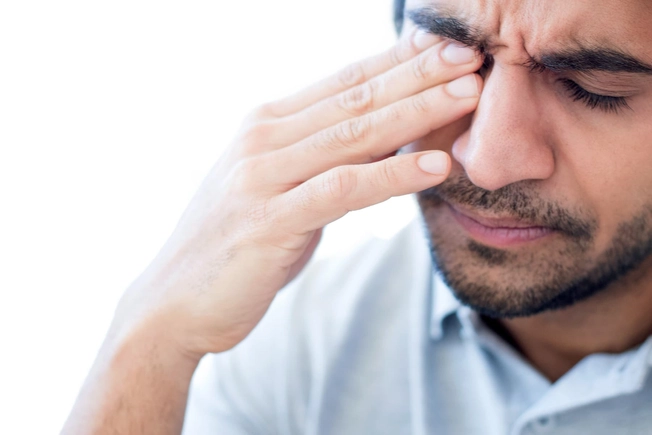
Watch for Vision Changes
If you notice sudden vision changes like spots, haze, blurring, eye pain or redness, floaters, or loss of eyesight, contact your eye doctor right away. Don’t wait until your yearly eye exam to bring up these symptoms. You may need treatment to slow down or prevent vision loss.